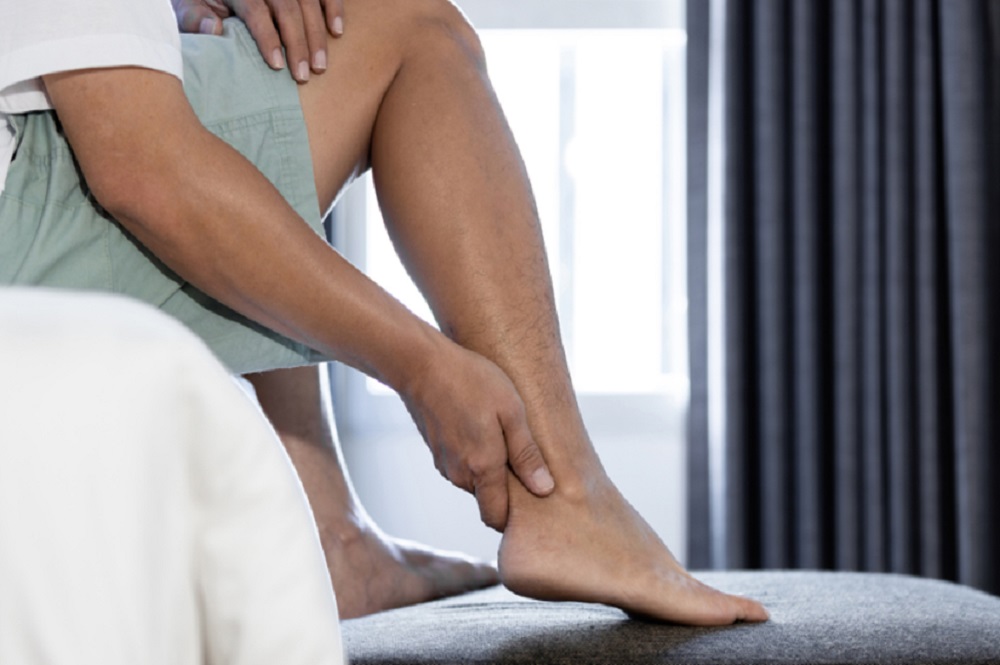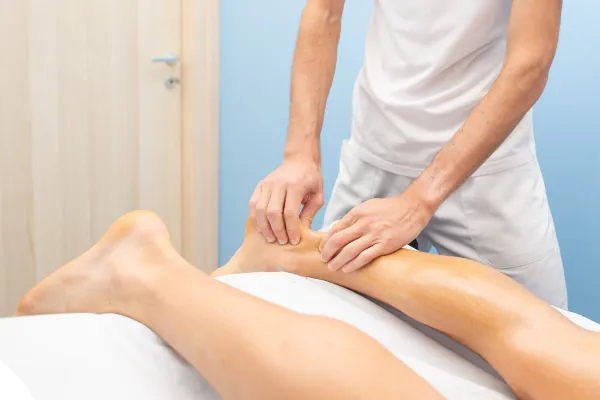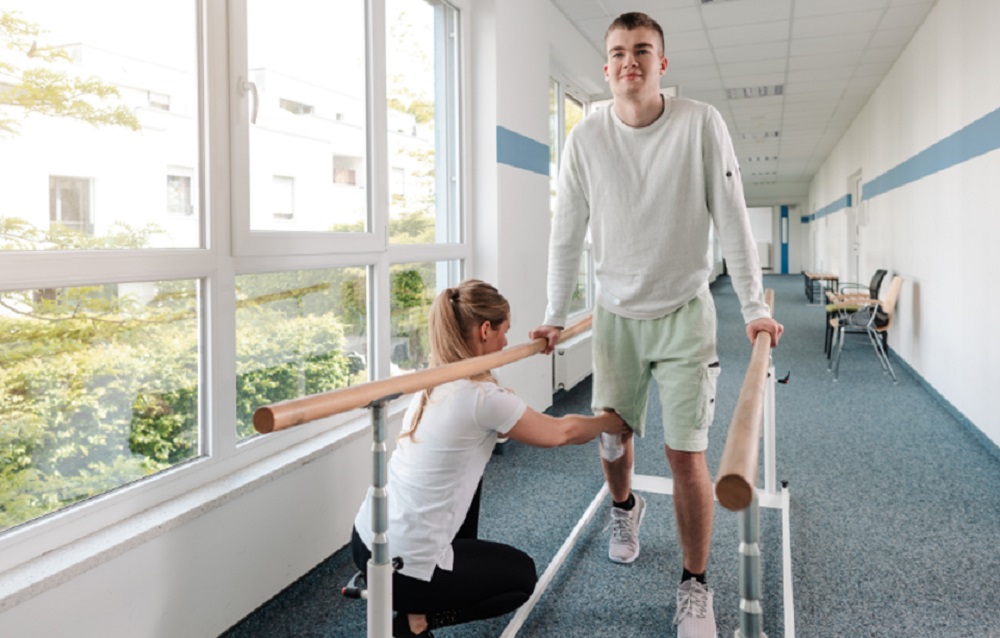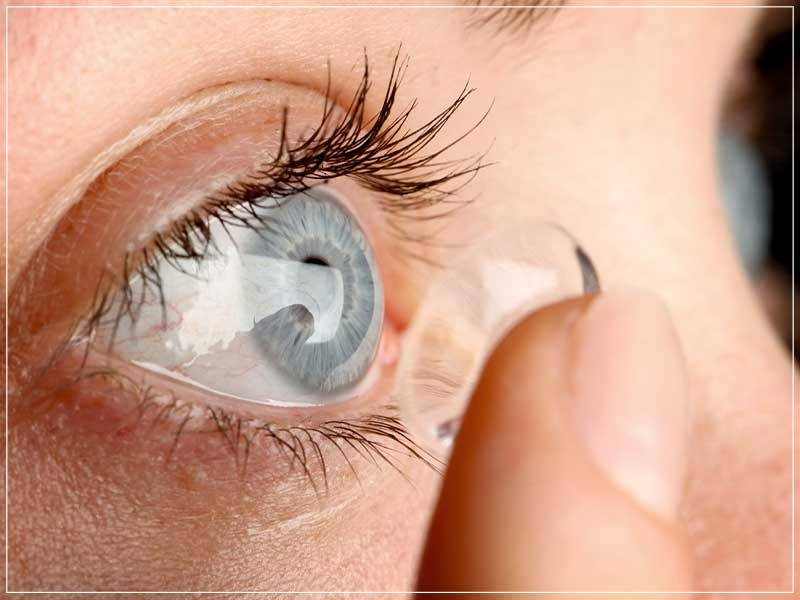Achilles tendonitis is a common condition that affects many individuals, particularly those who are physically active. The Achilles tendon, which connects the calf muscles to the heel bone, can become inflamed and painful, leading to significant discomfort and mobility issues. In this article, we will explore the risk factors associated with Achilles tendonitis and discuss effective treatment options available in Singapore.
Risk Factors for Achilles Tendonitis
Understanding the risk factors for Achilles tendonitis can help in its prevention and early detection. Here are some of the primary risk factors:
-
Age and Gender
Achilles tendonitis is more common in middle-aged adults, particularly men. As we age, the tendons lose their flexibility and strength, making them more susceptible to injuries.
-
Physical Activity
Engaging in sports or activities that involve repetitive stress on the Achilles tendon, such as running, basketball, or dancing, can increase the risk of developing tendonitis. Sudden increases in activity levels can also contribute to this condition.
-
Foot Structure and Mechanics
Individuals with flat feet or high arches are more prone to Achilles tendonitis due to the abnormal stress these conditions place on the tendon. Poor foot mechanics, such as overpronation (excessive inward rolling of the foot), can also contribute to tendonitis.
-
Improper Footwear
Wearing shoes that do not provide adequate support or cushioning can lead to increased stress on the Achilles tendon. This is particularly true for athletes who wear worn-out shoes during high-impact activities.
-
Medical Conditions
Certain medical conditions, such as obesity and high blood pressure, can increase the risk of Achilles tendonitis. Obesity, in particular, places additional strain on the tendon, making it more susceptible to injury.
-
Medication
The use of certain medications, such as fluoroquinolone antibiotics and corticosteroids, has been linked to an increased risk of tendonitis. These medications can weaken the tendons, making them more prone to injury.
Treatment Options for Achilles Tendonitis
If you suspect that you have Achilles tendonitis, it is important to seek treatment promptly to prevent further damage. Here are some of the effective treatment options available in Singapore:
-
Rest and Activity Modification
The first step in treating Achilles tendonitis is to rest the affected tendon and avoid activities that exacerbate the condition. This allows the inflammation to subside and the tendon to heal.
-
Orthopaedic Clinic Singapore
Visiting an Orthopaedic Clinic in Singapore can provide you with professional medical advice and treatment options tailored to your specific condition. An ankle specialist in Singapore can assess the severity of your tendonitis and recommend appropriate treatments.
-
Physical Therapy
Physical therapy is a crucial component of Achilles tendonitis treatment in Singapore. A physical therapist can guide you through exercises that strengthen the calf muscles and improve flexibility, reducing the strain on the Achilles tendon.
-
Medications
Nonsteroidal anti-inflammatory drugs (NSAIDs) can help reduce pain and inflammation associated with Achilles tendonitis. Your healthcare provider may prescribe these medications to alleviate your symptoms.
-
Ice Therapy
Applying ice to the affected area can help reduce inflammation and pain. It is recommended to apply ice for 15-20 minutes several times a day.
-
Supportive Devices
Using orthotic inserts or heel lifts in your shoes can provide additional support and reduce the strain on the Achilles tendon. Your ankle specialist in Singapore can recommend the most suitable devices for your condition.
-
Extracorporeal Shock Wave Therapy (ESWT)
ESWT is a non-invasive treatment option that uses shock waves to stimulate healing in the affected tendon. This therapy can be particularly effective for chronic cases of Achilles tendonitis.
-
Surgical Intervention
In severe cases where conservative treatments fail to provide relief, surgical intervention may be necessary. An orthopaedic surgeon can perform procedures to repair the damaged tendon and alleviate pain.
Prevention Tips
Preventing Achilles tendonitis involves making lifestyle changes and adopting practices that reduce the risk of injury. Here are some tips to help prevent this condition:
Warm Up and Stretch: Always warm up before engaging in physical activities and stretch your calf muscles regularly to maintain flexibility.
Gradual Increase in Activity: Avoid sudden increases in the intensity or duration of physical activities. Gradually increase your activity levels to give your tendons time to adapt.
Wear Proper Footwear: Invest in high-quality shoes that provide adequate support and cushioning. Replace worn-out shoes promptly to prevent injury.
Maintain a Healthy Weight: Keeping your weight in check can reduce the strain on your Achilles tendon and lower your risk of tendonitis.
Strengthening Exercises: Perform exercises that strengthen the calf muscles and improve foot mechanics to reduce the risk of tendonitis.
If you are experiencing symptoms of Achilles tendonitis, don’t wait for the pain to worsen. Visit the Specialist Orthopaedic Centre for expert assessment and effective Achilles tendonitis treatment in Singapore.







